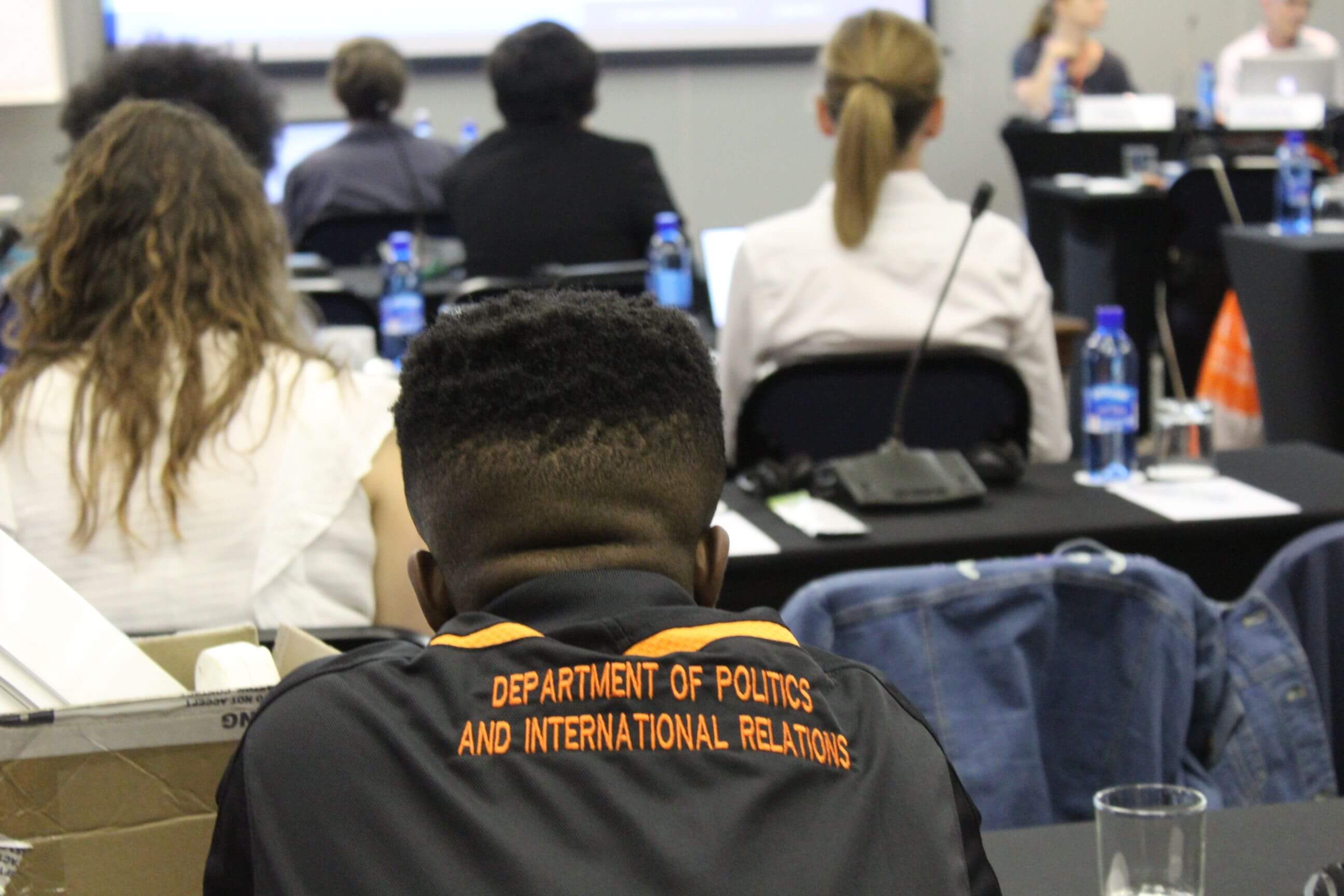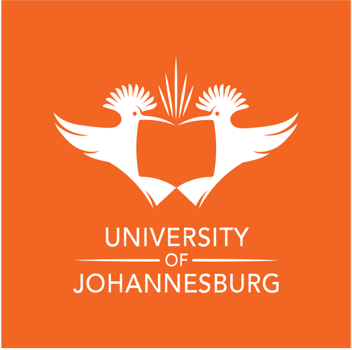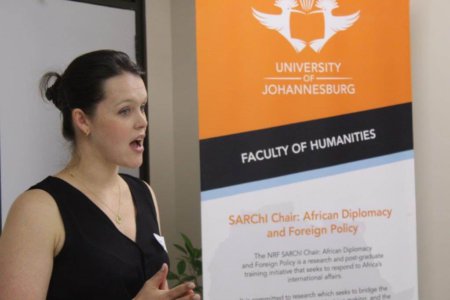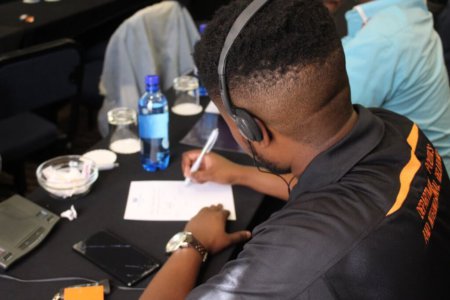It’s not common to hear about master’s or PhD students publishing in journals, getting interviewed by the media, and providing research assistance in a multi-country research project in the same breath. At the University of Johannesburg (UJ) in South Africa, however, these achievements reflect just another day in the life of students. It is a reflection of the department’s exceptional capacity for mentorship.
The Department of Politics and International Relations is home to a diverse group of 10 lecturers –– many of whom are leading scholars who work in various topical areas to produce ground-breaking new knowledge. Here, students learn from a faculty who are regularly consulted by policymakers and are looked to as experts by the national and international media.
That said, aspiring honours, master’s, and PhD students have a lot to look forward to enrolling in UJ. Take Sandile Moloi, for instance –– who chose to pursue an MA in Politics to experience a high standard of teaching delivered by acclaimed professors. UJ’s research strength was also a plus, making it the perfect place for him to explore his interests in peace and security in Africa and political Islam.
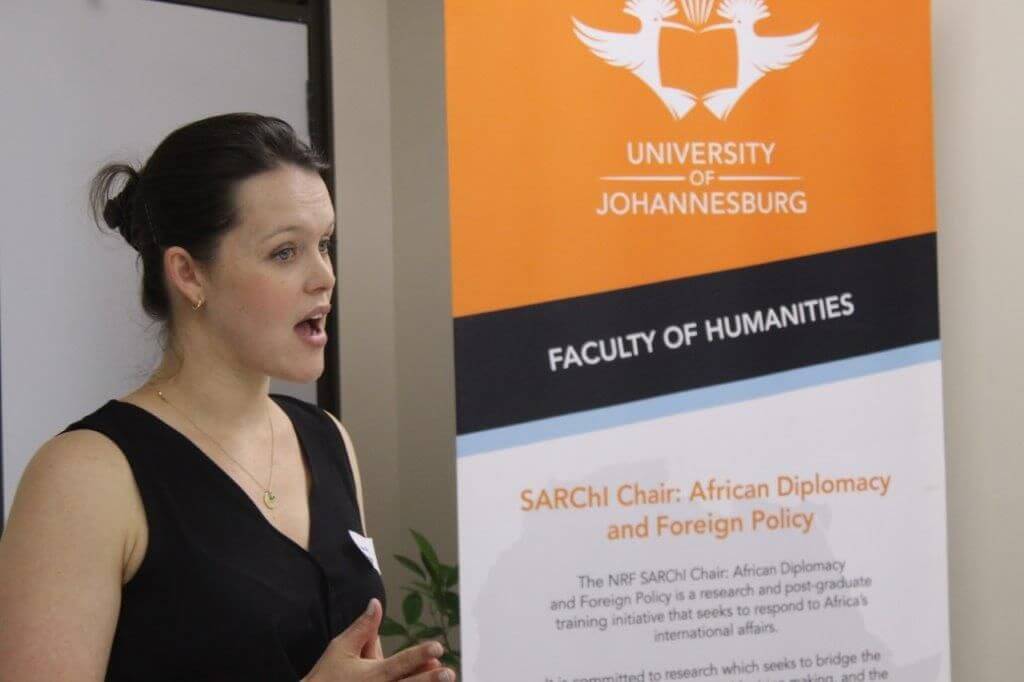
The Postgraduate Support Forum regularly gathers experts from within and outside their department to provide guidance, advice, and encouragement to all PhD and MA students. Source: University of Johannesburg
By learning to conduct qualitative and quantitative research, write reports, tutor, hone interpersonal skills, communicate, and lead –– he developed the confidence to pursue a PhD . Today, he doubles as a part-time lecturer in the department, lecturing a postgraduate course on international conflict, which is also linked to his PhD thesis. Recently, Moloi has also participated in a dialogue with the Vice-Chancellor and Principal of UJ, Professor Tshilidzi Marwala, on the launch of the book “The New Apartheid”.
Such excellence is typical of UJ’s doctorate students. Fellow PhD Zimkhitha Manyana is merging his earlier findings from his honours and master’s dissertations for his PhD. Outside the classroom, his insights are sought after.
Some were published in a journal titled “The Rise of Fake News: Surveying the Effects of Social Media on Informed Democracy”. The study recently prompted PowerFM to air his thoughts on the coup d’etat in the West African country of Guinea. Manyana’s excellent writing proficiency led to his current role at the Parliamentary Monitoring Group, writing proceedings in the Gauteng Provincial Legislature.
UJ’s master’s students are equally driven. Johannes Sekgololo, a master’s student in the department, has provided teaching support in a variety of courses and currently co-leads the tutoring team as a senior tutor. His opinions have already been featured in various newspapers such as Mail & Guardian and The Independent. He has also assisted in a multi-country research project that gauged the differences, similarities, and areas of opportunity in the digital policies of countries on the African continent and elsewhere.

UJ is ranked among the world’s top 100 for actively working towards the United Nations’ 17 Sustainable Development Goals. Source: University of Johannesburg
Fellow MA candidate Lesego Mosweu is just as impressive. As one of the leaders of the Postgraduate Support Forum (PSF) –– which she co-founded in 2020 –– she plays a crucial role in the creation and sustenance of the intellectual community. The PSF is responsible for regularly gathering experts from within and outside their department to provide guidance, advice, and encouragement to all PhD and MA students.
Degrees that tackle global challenges
The Department of Politics and International Relations postgraduate offerings include Africa-China Relations; Area Studies; International Conflict; International Political Economy; Pan-African Thought; Political Risk Analysis; Technology Dynamics in International Politics; and South African Politics. Each is anchored in the fundamentals while leaving enough room for critical engagement with knowledge.
Their programmes touch on things that affect individuals daily, the community, work, and country at large, and equip students with the skills to meet these challenges and solve real-world challenges. Little wonder why UJ is ranked among the world’s top 100 for actively working towards the United Nations’ 17 Sustainable Development Goals.
Students also receive plenty of support from the department to ensure their success. Recently, the department launched the Working Paper Series (WPS) that aims to help students develop the confidence to finetune and publish their findings. It walks students through the process of peer review to help them produce better quality articles for publication. There is also a suite of seminars and webinars to boost students’ learning outside the classroom and engage with the world of industry which awaits them.
With the combination of its faculty expertise, world-changing research, and a top-tier education, you’ll have a recipe for success. This is how UJ produces graduates that stand out.
Follow the University of Johannesburg on Facebook, Twitter, LinkedIn, Instagram and YouTube

